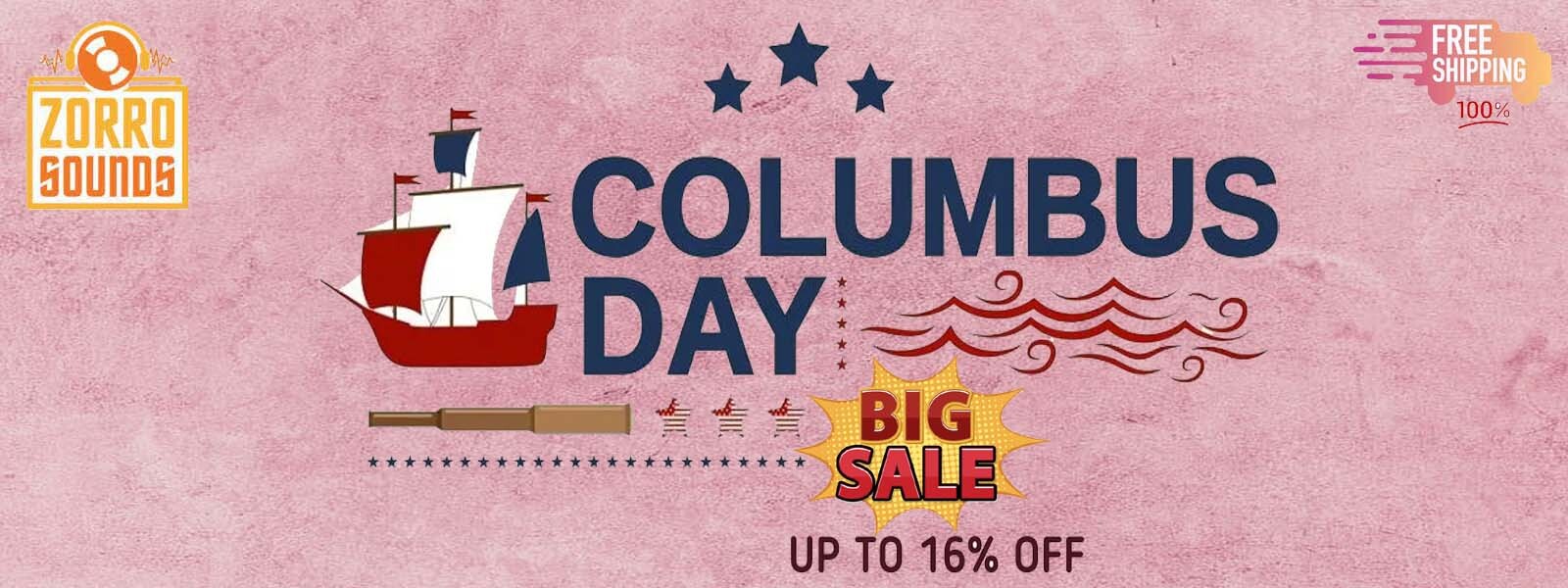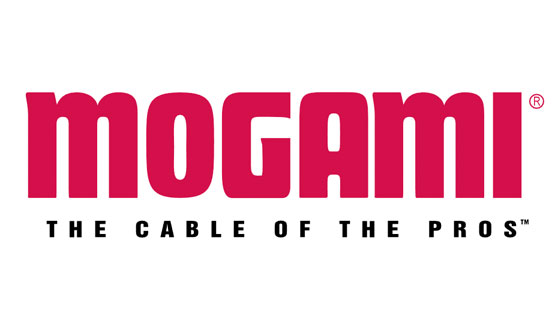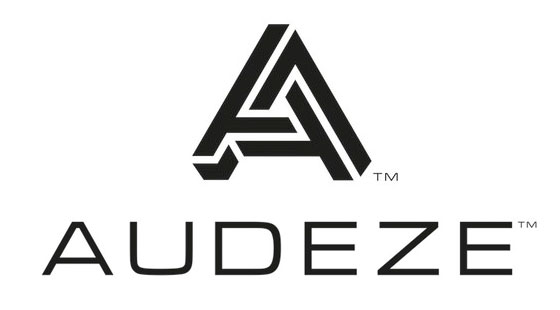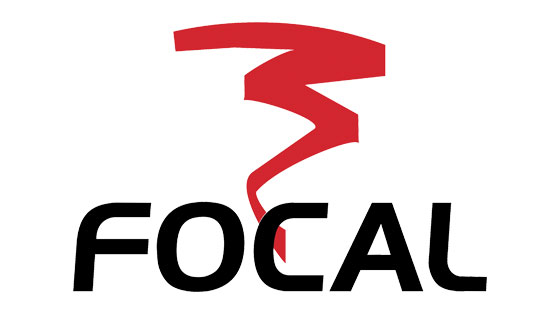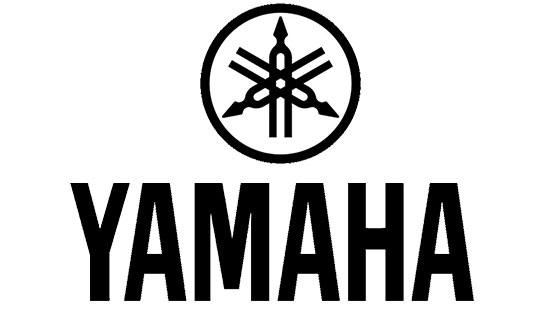Columbus Day 2025 : History, Controversy and Modern Observances
Columbus Day, observed annually on the second Monday of October, has long been a federal holiday in the United States commemorating the arrival of Christopher Columbus in the Americas on October 12, 1492. While for many it marks the beginning of Western exploration in the New World, the holiday has increasingly become a subject of controversy and reflection, sparking important conversations around history, culture, and identity.
In this article, we explore the history of Columbus Day, how it's celebrated today, and why more cities and states are now recognizing Indigenous Peoples' Day in its place.
The Origins of Columbus Day
The first recorded celebration of Columbus Day in the U.S. took place in 1792, marking the 300th anniversary of Columbus's landing. However, it wasn't until 1937 that Columbus Day became a federal holiday, largely due to lobbying efforts by Italian-American communities who saw Columbus—a Genoese explorer—as a symbol of ethnic pride.
In fact, for much of the 20th century, Columbus Day celebrations served to honor Italian-American heritage, featuring parades, educational events, and public ceremonies in major cities like New York, Chicago, and San Francisco.
Christopher Columbus: A Complex Legacy
Columbus’s expeditions undeniably changed the course of world history. His voyages across the Atlantic led to increased exploration, colonization, and the eventual establishment of the Americas as a crucial part of the global map.
However, historical records also show that Columbus’s arrival initiated centuries of exploitation and violence against Indigenous peoples. His governance in the Caribbean included acts of brutality, forced labor, and the spread of diseases that devastated native populations.
This has led many to question the morality of celebrating Columbus, and in recent decades, activists, educators, and Indigenous groups have called for a re-evaluation of Columbus Day's meaning.
Indigenous Peoples' Day: An Evolving Perspective
As part of the broader movement toward historical truth and reconciliation, many states and cities across the U.S. have begun to replace or supplement Columbus Day with Indigenous Peoples' Day. This observance honors the history, cultures, and contributions of Native American and Indigenous communities.
First adopted by South Dakota in 1990, Indigenous Peoples' Day is now officially recognized in over 20 states, including California, Oregon, Minnesota, and Vermont. Many major cities—like Los Angeles, Seattle, and Denver—also hold cultural events and educational programs in place of traditional Columbus Day parades.
How Columbus Day Is Celebrated Today
Today, Columbus Day celebrations vary widely depending on where you are in the United States:
- In some states, it's still a paid public holiday, with schools and government offices closed.
- In others, it's no longer observed, or it's paired with Indigenous Peoples' Day as a way to recognize both historical narratives.
- Many communities host educational panels, parades, museum exhibitions, and cultural showcases around this date.
Schools and universities often use the day as an opportunity to engage students in critical discussions about history, colonialism, and the impact of European expansion.
Columbus Day in the Modern Era: Rethinking the Narrative
In recent years, social movements such as Black Lives Matter and Land Back have further fueled the demand for a more inclusive and honest representation of history in public commemorations. As a result, Columbus Day is increasingly viewed not as a celebration, but as a moment to reflect on the past and learn from it.
Whether you observe Columbus Day, Indigenous Peoples' Day, or both, it is clear that the second Monday of October has evolved into something more than a traditional holiday. It has become a conversation starter, urging Americans to consider the full complexity of their national identity and the stories they choose to honor.
Final Thoughts
As we move forward, the importance of recognizing diverse historical perspectives cannot be overstated. Columbus Day, once a simple celebration of exploration, now offers a platform for dialogue, education, and healing.
By acknowledging both the achievements and the atrocities of the past, we take an important step toward creating a more inclusive and truthful understanding of American history.

